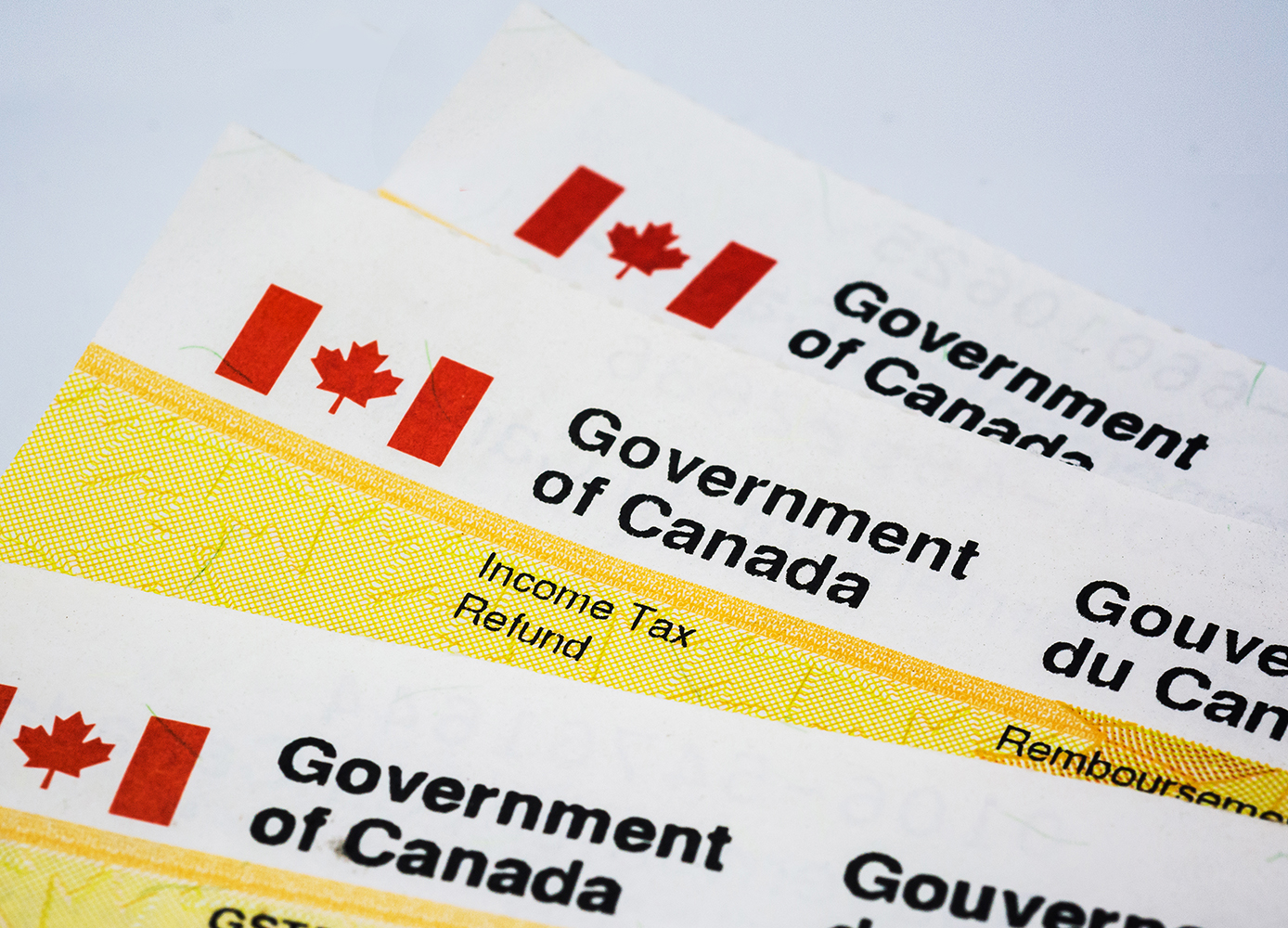Find out what happens when you inherit a house you co-own
A popular regular feature in Good Times magazine is “Your Questions,” where Olev Edur provides answers to questions from our readers regarding their rights, personal finance, and estate planning. Here’s one on joint ownership of property.
Photo: iStock/BartekSzewczyk.
Q. I’m 63 and live in British Columbia. Several years ago, my mother, who is 85, added my name to the title of her house in order to avoid probate fees. When she passes away, what impact will that have on me as a joint owner, given that this house won’t be my principal residence? How much capital gains tax would I have to pay if I sold it?
A. Since your name has been added to the title of the house, it won’t reach the deceased’s estate and therefore doesn’t need to go through probate—it will transfer directly to you as sole surviving owner (although some legal paperwork will be required, with some attendant fees). And, since this is presumably your mom’s principal residence, the transfer itself won’t give rise to any tax bill. When you sell, however, there will indeed be a tax cost, and it will depend on a few factors.
When you become a joint owner, you are deemed by the government to have acquired half the property. When your mother passes, you’re deemed to have acquired her half and become full owner. Since you already own a home which you apparently want to keep as your principal residence, when you sell this inherited house, you will be on the hook for tax on half the gains in the value of the property between the time you became co-owner and the time you became full owner. Any further gains in value would be taxed entirely in your hands.
Only half of any capital gain is taxable, though, so in the first instance (as co-owner), you would be liable for tax on one-quarter of the gains; thereafter, you’d pay tax on half the gains. The combined amount would be added to your other income in the year of sale so if, for example, the taxable gain (half the nominal gain) all fell into a 40 per cent tax bracket and amounted to $25,000, you would end up with a tax bill for $10,000.
You should keep records of the property’s value when you became a joint owner, as well as its value when your mom passes away. You should also, as a further accounting chore, keep the receipts for any capital improvements to the property, as these expenses may help reduce your adjusted cost base (ACB) and thus the capital gain, resulting in a lower tax liability upon sale.






